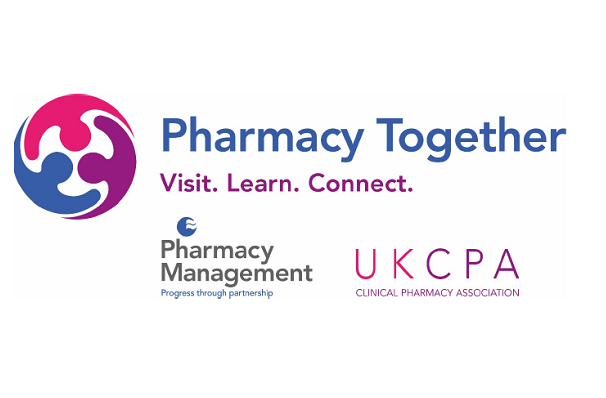
by Edel O'Sullivan, | Aug 6, 2019 | News Release, Press
The annual joint conference of the UKCPA and Pharmacy Management “Pharmacy Together” will this year take place on Friday 8 November 2019 at the Novotel London West Hotel in Hammersmith, West London, with Professor Mike Scott hosting a breakout session.
The programme has been coordinated by both organisations and is free to all NHS Pharmacists and Pharmacy Technicians.
This year sees a range of Satellite sessions which have been created to be topical and of practical interest to pharmacy professionals in both primary and secondary care.
As both the UKCPA and Pharmacy Management are Accredited Providers of Education for the Faculty of the Royal Pharmaceutical Society delegates can expect a quality of conference to meet those standards. Chairman of Pharmacy Management, Ted Butler, stated:-
“Last year was such a success for our first joint effort that we had a real challenge to develop further
but we believe we have done so. The Conference in November is now the culmination of our year in partnership with the UKCPA after we have delivered four other national meetings. We are expecting one of the biggest pharmacy events of the year”
To view the agenda go to click here.
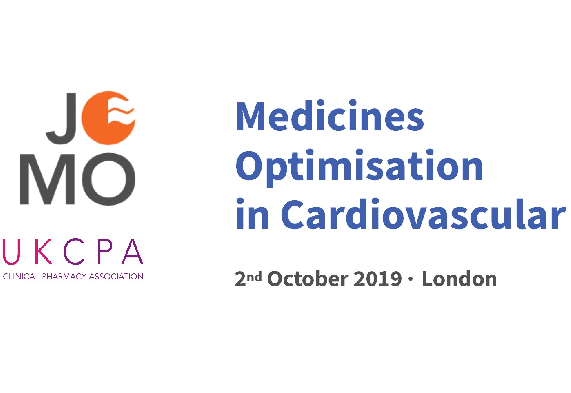
by Edel O'Sullivan, | Jul 16, 2019 | News Release, Press
The joint JoMO-UKCPA Conference on CV Medicines Optimisation is in Central London again on Wednesday 2 October 2019. With an agenda that has been created by the UKCPA Specialist Cardiac Group this meeting will be at the leading edge of pharmacy involvement with Cardiovascular disease and related conditions.
The event is taking place at a specialist meeting orientated venue to ensure that the delivery and educational experience for delegates is of the highest order.
Fo more information click here.
Places for NHS Pharmacists and Pharmacy Technicians are without charge and can be accessed by clicking on ths link.
If you have any queries or require further information, please contact Katie Fraser (Senior Executive Assistant to Chairman, Pharmacy Management) at katie.fraser@pharman.co.uk
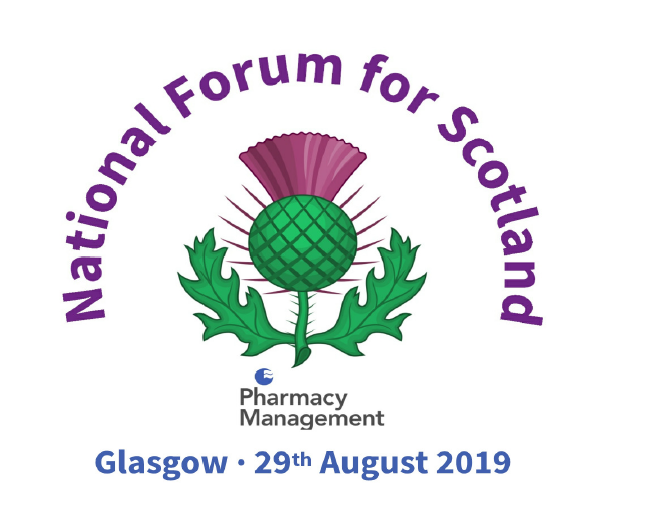
by Edel O'Sullivan, | Jul 5, 2019 | News Release, Press, Uncategorized
Pharmacy Management National Forum for Scotland moves to Glasgow to accommodate growing numbers. Thursday 29 August 2019, sees the Pharmacy Management National Forum for Scotland in Glasgow for the first time.
Chairman of Pharmacy Management, Ted Butler, stated “We have been going to Stirling for 15 years with the Forum and had great experiences on the university campus. The numbers of delegates have been steadily growing so we felt we needed the extra flexibility of a larger venue. Once again, we are delighted that Professor Rose Marie Parr has agreed to attend and speak. Returning to Scotland so soon after the great Celtic Conference is a bonus and the agenda will offer much to both pharmacists and pharmacy technicians across Scotland.”
To see the Agenda click here.
The conference is available free of charge for all pharmacists and pharmacy technicians working in NHS Scotland. If you have any queries or require further information, please contact Katie Fraser (Senior Executive
Assistant to Chairman, Pharmacy Management) at katie.fraser@pharman.co.uk.
View more information.
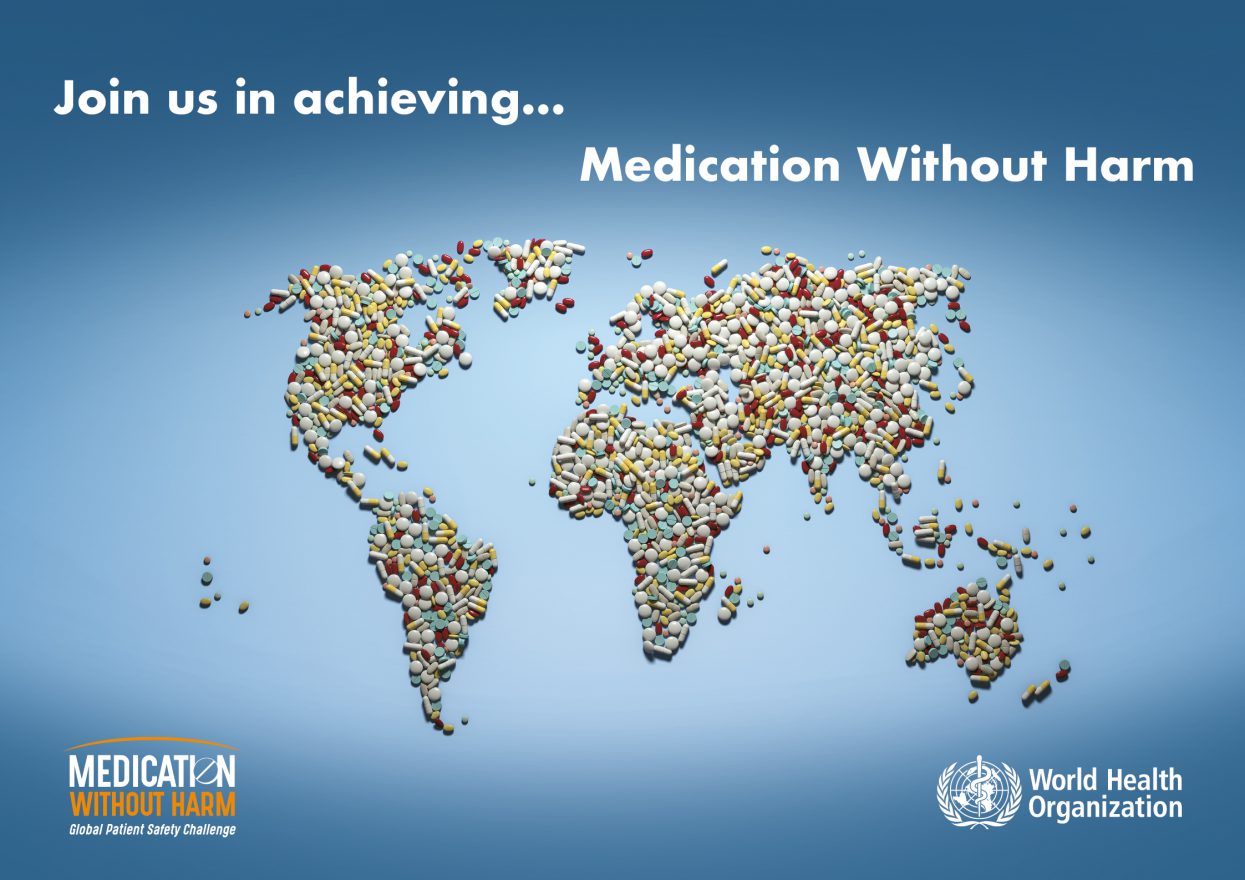
by Edel O'Sullivan, | Jul 1, 2019 | News Release, Press
In 2017 the World Health Organisation (WHO) launched the third Global Safety Challenge; Medication without harm with the goal of reducing severe avoidable medication-related harm by 50%. Today they have released three technical documents to facilitate early priority actions and planning to address this challenge. Professor Michael Scott Director of MOIC is committed to this challenge and he is a reviewer and contributor all three of the technical documents.
WHO asked countries and key stakeholders to prioritize three areas for strong commitment, early action and effective management to protect patients from harm while maximizing the benefit from medication, namely:
• medication safety in high-risk situations,
• medication safety in polypharmacy,
• medication safety in transitions of care
Medication Safety in high Risk Situations
High-risk situations are more often associated with significant harm due to unsafe medication practices or medication errors. This report outlines three main factors contributing to high-risk situations: i) medications, particularly high-risk (high-alert) medications, ii) provider/ patient factors, and iii) systems factors (work environment). One or more of these factors, acting alone or in combination may trigger unsafe medication practices or medication error.
Medication safety in polypharmacy
As the population ages more people are likely to suffer from multiple long term illness and take multiple medications. It is essential to therefore take a person-centred approach to ensure that the medications are appropriate for the individual to gain the most benefits without any harm. This reports highlights importance of leadership in nurturing a culture that priorities safety and quality of prescribing.
Medication Safety in Transitions of Care
Medication discrepancies impact almost every patient that moves across transitions of care, e.g. admission to or discharge from hospital. WHO urges countries to prioritise early and sustained action to reduce medication-related harm arising at transitions. This report outlines why improving medication safety in transitions of care is a priority and outlines what has been done to date and what needs to be done.
Speaking about the documents Professor Scott stated: “It is great to see the release of these technical documents, with the significant input from expert contributors globally, and they represent a very valuable resource in terms of meeting the challenge -and a very big thanks to the main authors”
Read the full report here.
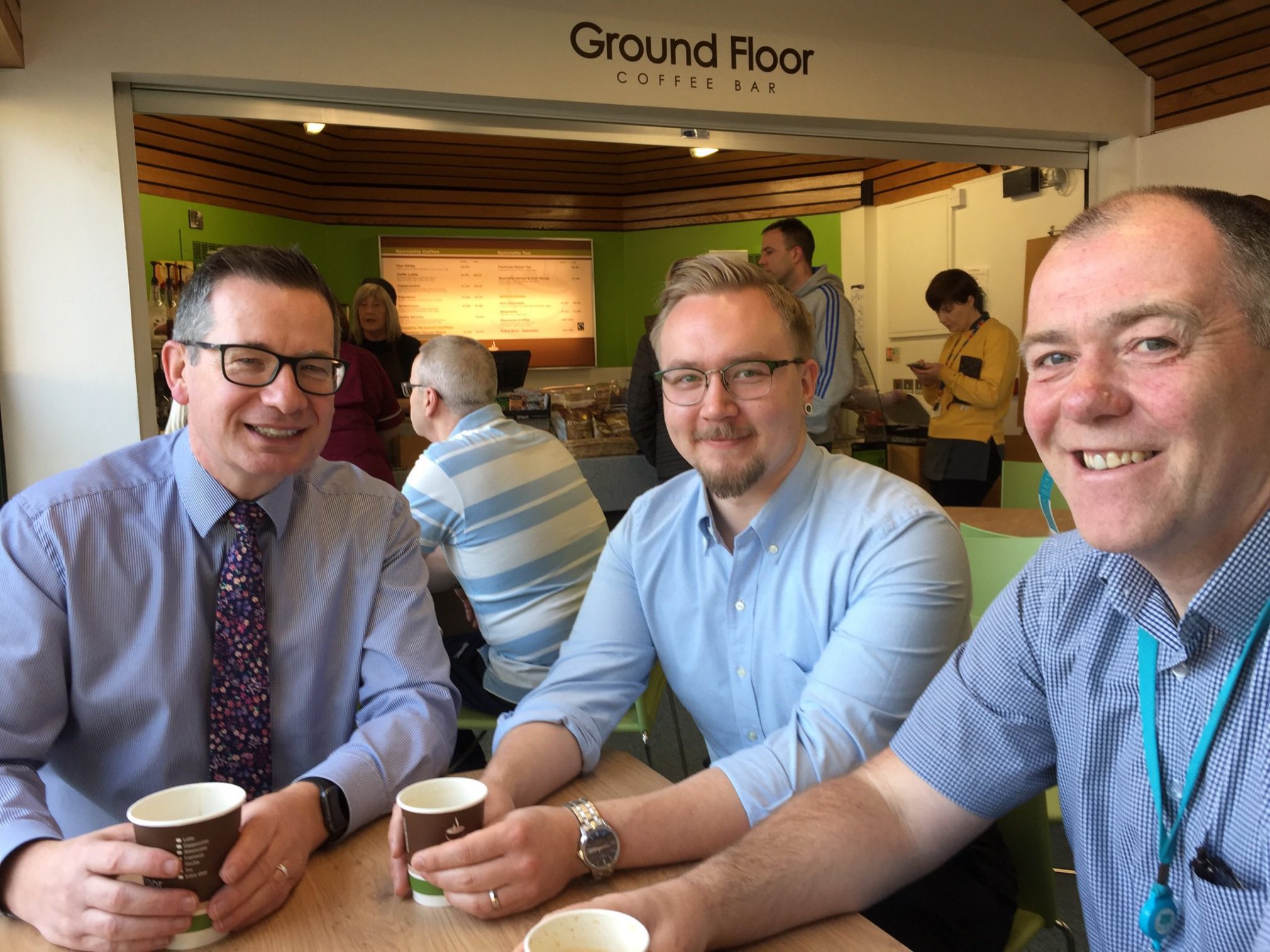
by Edel O'Sullivan, | Apr 26, 2019 | News Release, Press
The European Statements of Hospital Pharmacy, adopted by the European Association of Hospital Pharmacists (EAHP) in 2014, express commonly agreed objectives which every European health system should aim for in the delivery of hospital pharmacy services. There are 44 statements in total divided into 6 main categories.
http://statements.eahp.eu/statements/european-statements-hospital-pharmacy
As part of its Statement Implementation project EAHP launched the Statement Implementation Learning Collaborative programme (SILCC). This programme allows hospital pharmacists (SILCC Fellows) to visit hospitals (SILCC hosts) from other EAHP member countries to learn about pharmacy procedures linked to the European Statements of Hospital Pharmacy. All hospitals applying to become a SILCC Hosts are required to assess their pharmacy using the EAHP Self-assessment tool. As part of this assessment they have to identify up to 5 Statements where the hospital can provide training on.
In July 2018 Antrim Area hospital was successful in their application to become a SILCC host and is currently one of only two hosts based in the UK.
In April 2019 Antrim Area hospital became the first host to welcome a SILCC fellow. Väinö Vähämäki arrived from Turku City Hospital in Finland.
During his two week visit Väinö had the opportunity to observe how clinical pharmacy is practiced in Antrim. He viewed medicines reconciliation at admission and discharge, how prescribing has developed the pharmacists role and the important and expanding role of the clinical pharmacy technician. He also viewed some of the enabling technology developed in Antrim and had the opportunity to meet with our Medical Director and the Lead Pharmacist for the Medicines Governance team in Northern Ireland.





